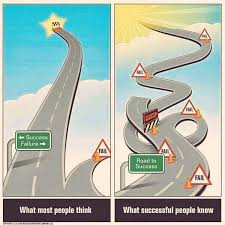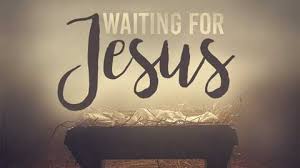Waiting
Advent season is a time of waiting. Waiting by its very definition is challenging. Waiting is the action of staying where one is or delaying action until a particular time or until something else happens.
How well we wait lies not only in what we are waiting for but also who we trust to provide our desired outcome. That trust is based on the provider’s ability to deliver the outcome. That why as believers, it is important to remember that Jesus, the author and finisher of our faith is worth waiting for.
Advent and Waiting
The first Advent was a time of waiting. Israel waited with hope for the promised redeemer who would deliver them from the tyranny of the Roman Empire. The Three Wise Men (Magi) waited for a sign (the star) that would lead them to the King of the Jews.
Those who studied the law and the prophets, such as Simeon and Anna, daily waited for the arrival of the Promised Savior. “There was a man in Jerusalem, whose name was Simeon: and the same man was just and devout, waiting for the consolation of Israel; and the Holy Spirit was upon Him.” (Luke 2:25).
Waiting is a spiritual discipline
Godly waiting is a spiritual discipline that we should cultivate. As with any discipline, practice makes “progress” (perfection is not always the goal). Advent is a time in which we should make every effort to expand our capacity to wait. That increased capacity will strengthen us for the days ahead.
While waiting, we exercise our patience “muscles” and bolster our endurance until we receive what we are waiting for (Hebrew 10:36). In our waiting, faith is activated and strengthened. It is in the waiting that our hope becomes an expectation. While waiting, our belief and trust become rooted and grounded in the Lord (Psalm 27:13-14).
What are you waiting for? Provision, healing, or deliverance? The believer who waits on the Lord will not be disappointed! (Isaiah 40:31)
What have we learned this year about waiting?
What have we learned about waiting in 2025? We learn from our experiences to the extent we are willing to be shaped by them (Hebrew 12:11). This includes our experiences with waiting.
Waiting is an important discipline for us to learn. As I stated earlier, how well we wait is based on who we trust to provide our desired outcome. We are more willing to wait when we trust the one who can and will deliver the outcome we need.
As believers our response to waiting is different because we know Who can deliver everything we may be waiting for. It is the Creator and Sustainer of all things—seen and unseen; past, present, and future; Alpha and Omega. It is Eternal God (Jeremiah 10:10, 12).
The Gift in Waiting
We have been given great and precious promises (2 Peter 1:4) as well as spiritual gifts (Ephesians 1:3-17) that enable us to live victoriously. These also enable us to wait patiently and hopefully on the Lord.
As we live in this period between Jesus’ first arrival (as Savior) and His second return (as Judge), let us remain faithful to that which God has given us to do (Titus 2:14). Use this time of waiting to experience the fullness of God and to serve Him until His return.












